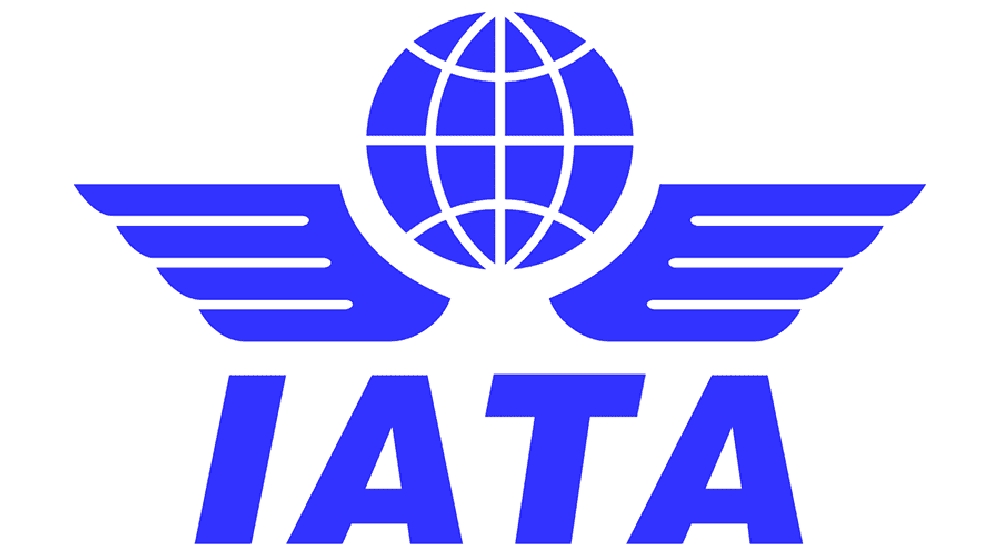
Muscat: IATA has called on governments in the Middle East to harmonise biosafety measures for passengers across the region as aviation restarts.
A global framework for restarting aviation while protecting public health has been agreed by the International Civil Aviation Organization (ICAO) and published in the 'Take-Off' guidance.
However, inconsistent application of these biosafety measures along with unnecessary border constraints is deterring passengers and suppressing the resumption of air travel in the Middle East.
“We are starting to see some governments in the Middle East open their borders to regional and international air travel. This is good news but those flying for the first time since the lifting of restrictions face an array of different types of biosafety measures and procedures – which is causing confusion among passengers and delaying the recovery,” said Muhammad Albakri, IATA’s Regional Vice President for Africa and the Middle East.
There are three main areas where more harmonisation is required which include COVID-19 testing, quarantine, contact tracing and health data.
COVID-19 testing can play a role in the overall multi-layered approach to restarting aviation. It is a preferred alternative to quarantine measures that essentially keep a country in isolation and its tourism economy in lockdown.
However, for COVID-19 testing to be a useful biosafety measure, several criteria need to be met. Testing should be accurate, fast and scalable.
Cost-effective and not add a barrier to travel. As agreed by governments in the World Health Organization’s International Health Regulations, there should be no charge for mandatory testing and voluntary testing charged at cost price. Testing must be carried out prior to travel to keep people who test positive completely out of the travel system and the results should be transmitted to and recognized by the arrival state.
Tests that do not meet these criteria may have unintended consequences, causing confusion among passengers and limiting the recovery in air travel demand.
A number of countries in the Middle East have implemented testing, but in many cases, these do not meet the criteria outline by IATA. Additionally, the disparity of testing requirements among countries along with the difference in costs is causing confusion for passengers. In some cases, both a departure and arrival test is required, in some cases costing in excess of US$150.
“An effective COVID-19 test has the potential to be a useful risk mitigation measure. However, tests that neither meets the criteria of speed, scalability and reliability nor are offered at a reasonable cost, as we are seeing in some countries in the region, have unintended consequences, causing more problems than they solve and will most likely limit the recovery in air travel demand,” said Albakri.
IATA urges governments to avoid quarantine measures when re-opening their economies. As an alternative IATA is promoting a layered approach of measures to reduce the risk of countries importing COVID-19 via air travel and to mitigate the possibility of transmission in cases where people may travel while unknowingly being infected.
Nevertheless, 28 countries in the Middle East have government-imposed quarantine measures in place.
With over 80% of passengers unwilling to travel when quarantine is required, the impact of these measures is that countries remain in lockdown even if their borders are open.
“Imposing quarantine measures on arriving passengers keep countries in isolation and the travel and tourism sector in lockdown. Fortunately, there are policy alternatives that can reduce the risk of importing COVID-19 infections while still allowing for the resumption of travel and tourism that are vital to jumpstarting national economies. We are proposing a framework with layers of protection to keep sick people from travelling and to mitigate the risk of transmission should a traveller discover they were infected after arrival,” said Albakri.
Reliable contact tracing is essential on stopping the further spread of COVID-19. It is also the strongest back-up should a passenger be detected as infected after arrival. Rapid identification and isolation of contacts contain the risk without large-scale economic or social disruption.
While the industry is advocating the use of contactless travel options to reduce the number of physical touchpoints, some states have mandated paper-based forms to collect travellers’ contact information.
Airlines have been required to distribute and collect the forms. Furthermore, acting on written information on paper forms may be challenging and resource-intensive, especially when it comes to efficiently trace individuals who might pose a risk or be at risk.
“The collection of self-declared passenger health data is a transaction that must occur solely between passengers and authorities, even more so during health outbreaks. Airlines should not be responsible for collecting this data. We urge governments to develop web portals dedicated to collect passenger health data. This is the safest, most robust and efficient solution for passengers to provide necessary data to authorities during the COVID-19 crisis and in the future,” said Albakri.